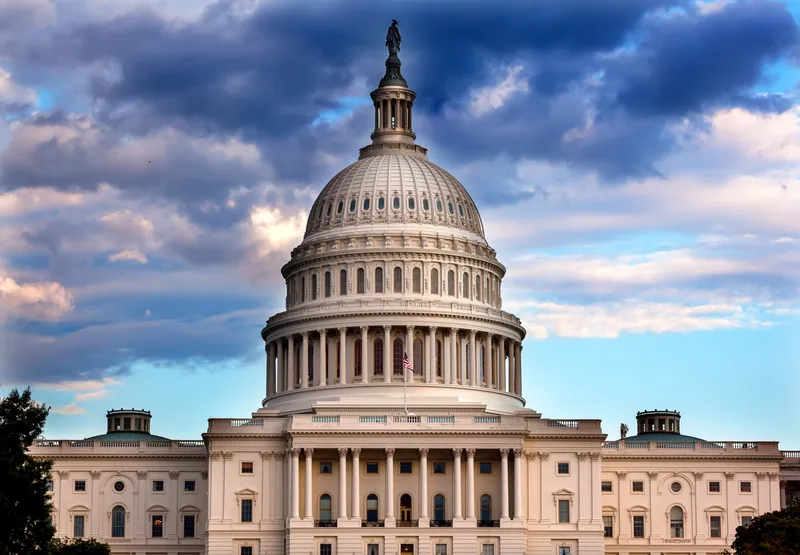CDPQ Infra, a subsidiary of Caisse de dépôt et placement du Québec, has unveiled for its Réseau électrique métropolitain (REM), an integrated public transportation project.
Under the proposal, the REM will link downtown Montréal, the South Shore, the West Island (Sainte-Anne-de-Bellevue), the North Shore (Deux-Montagnes) and the airport in a unified, fully automated, 67km light rail transit (LRT) system comprising 24 stations and operating 20 hours a day, 7 days a week.
The solution proposed by CDPQ Infra will constitute Québec’s first public-public partnership project, build a new network of strategic importance for the Greater Montréal area and Québec, while fostering environmentally sustainable transportation.
As a single, integrated transportation network, the REM will offer a number of efficient travel options in the Greater Montréal area. Connections between the new network and existing bus, metro and train systems have also been designed to simplify itineraries.
New stations will be integrated into their urban environment and designed to allow easy access for pedestrians, bicycles, cars and buses. All stations will be covered, climate-controlled, equipped with elevators, and will meet the principles of universal access.
In addition, by choosing the Highway 40 route to the West Island, the project allows for the creation of a dedicated corridor for public transportation, without the need to share tracks with freight trains.
The new network represents an investment of approximately US$4.3 billion. La Caisse is willing to commit US$2.4 billion to the project. The proposed financial structure also requires investments by the governments of Québec and Canada; the decision to move forward with the project is conditional upon this investment.
“Today we are proposing an innovative public transit solution that will improve the quality of life in Montréal and deliver important economic, social and environmental benefits. It will improve the metropolitan region’s overall competitiveness,” said Michael Sabia, president and chief executive officer of la Caisse. “The new transit system will also deliver long-term, stable investment returns very well aligned with the needs of our depositors, the people of Québec.”
Integrated transport network proposed for Montréal
DPQ Infra, a subsidiary of Caisse de dépôt et placement du Québec, has unveiled for its Réseau électrique métropolitain (REM), an integrated public transportation project. Under the proposal, the REM will link downtown Montréal, the South Shore, the West Island (Sainte-Anne-de-Bellevue), the North Shore (Deux-Montagnes) and the airport in a unified, fully automated, 67km light rail transit (LRT) system comprising 24 stations and operating 20 hours a day, 7 days a week. The solution proposed by CDPQ Infra wi
April 25, 2016
Read time: 2 mins








